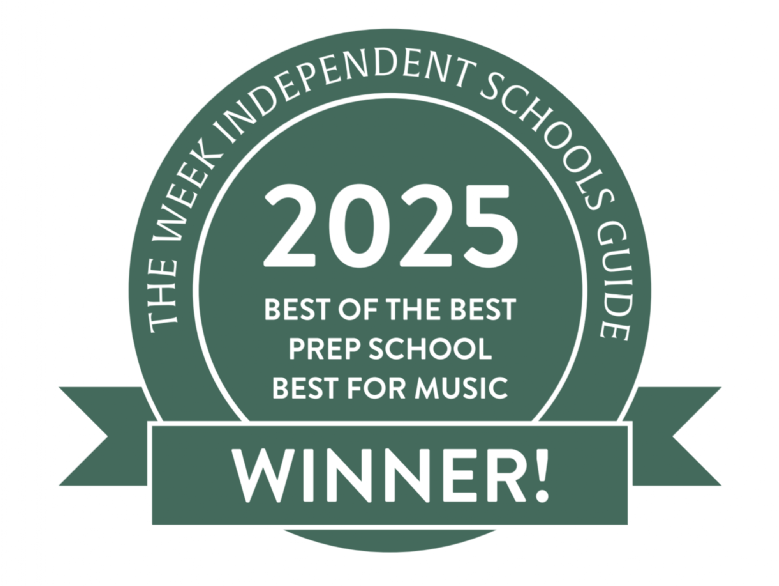Inquisitiveness is the spark that ignites learning

Yesterday, we were interviewing for our next Head of TPR: a hugely enjoyable process, not least because it gave a chance to discuss the value of the subject and the skills it can help confer. This included pupils’ ability to ask the most revealing questions.
Inquisitiveness is the spark that ignites learning. As parents and educators, we delight in the curiosity of young minds - the frequent “whys” and “hows” that shape a child’s understanding of the world. But not all questions are created equal. Some skim the surface, providing immediate but predictable answers, while others dive deeper, unearthing rather profound insights. Teaching children the art of asking thoughtful, layered questions is an invaluable gift, equipping them with the tools to navigate our increasingly complex world, in particular the borderlands between ethics and technology that are ever-growing.
It is helpful for children to imagine formulating questions like the peeling of an onion or the unwrapping of a beautifully wrapped present. The outermost layer consists of simple, factual queries—important, yes, but not always revelatory. If a child asks, “What colour is the sky?” the answer is straightforward. But move inwards, and the nature of questioning changes. “Why is the sky blue?” invites scientific exploration. Deeper still, “What if the sky weren’t blue?” engages the imagination, encouraging speculation and abstract thinking. It is in these inner layers that the gift of critical thinking resides.
On Wednesday and Thursday evenings, the Year 5s and 3s put on their fantastic production of ‘Omelette’, a ‘Mr Power special’ that re-worked Shakespeare’s Hamlet to very amusing effect. The boys were terrific and delivered the humour with panache. Happily for this author, Hamlet provides a famous example of the power of a well-crafted but simple question. “To be, or not to be...” This is not a simple inquiry; it does not seek a factual answer. Instead, it forces deep contemplation. It is a question of existence, of purpose, of the very nature of life itself. It exemplifies how a question, when framed correctly, can open the door to deeper revelation and understanding.
Likewise, encouraging children to move beyond surface-level queries and into the realm of analytical and philosophical questioning enhances their learning. Instead of simply asking, “What happened in the story?”, a child could ask, “Why do you think the character made that decision?” or “How would the story change if the ending were…?” These questions challenge them to infer, evaluate, and empathise—skills that extend far beyond the classroom.
Questioning – as we staff were discussing in a staff meeting just the other day – is, in a way, the lifeblood of our craft. We do it so often that it is vital to dissect how subtle changes can make the world of difference in the learning process. But also we can all (parents and teachers) reflect on how to grow the skill in children themselves. The first step is modelling it ourselves. Instead of giving direct answers, try responding with a question that encourages deeper thinking: “That’s an interesting idea – what makes you think that?” or “How could we find out more?” This approach fosters independent thinking and a natural inclination towards inquiry.
Secondly, allowing children the space and time to wrestle with complex questions is crucial. In a fast-paced world where answers are often a quick internet search away, there is value in pausing, reflecting, and exploring different perspectives before settling on an answer.
The ability to ask insightful questions is not just an academic skill; it is a lifelong asset. Whether negotiating a business deal, solving a problem, or understanding another’s point of view, the right question can be more powerful than the right answer. Encouraging children to think beyond the obvious, to challenge assumptions, and to engage with the deeper layers of questioning will not only make them better students but also more thoughtful, creative, and engaged individuals.
After all, as Hamlet reminds us, the right question delivered in the right moment has the power to change everything.
Now, who’s up for Half Term?!
Tim Butcher
Headmaster








